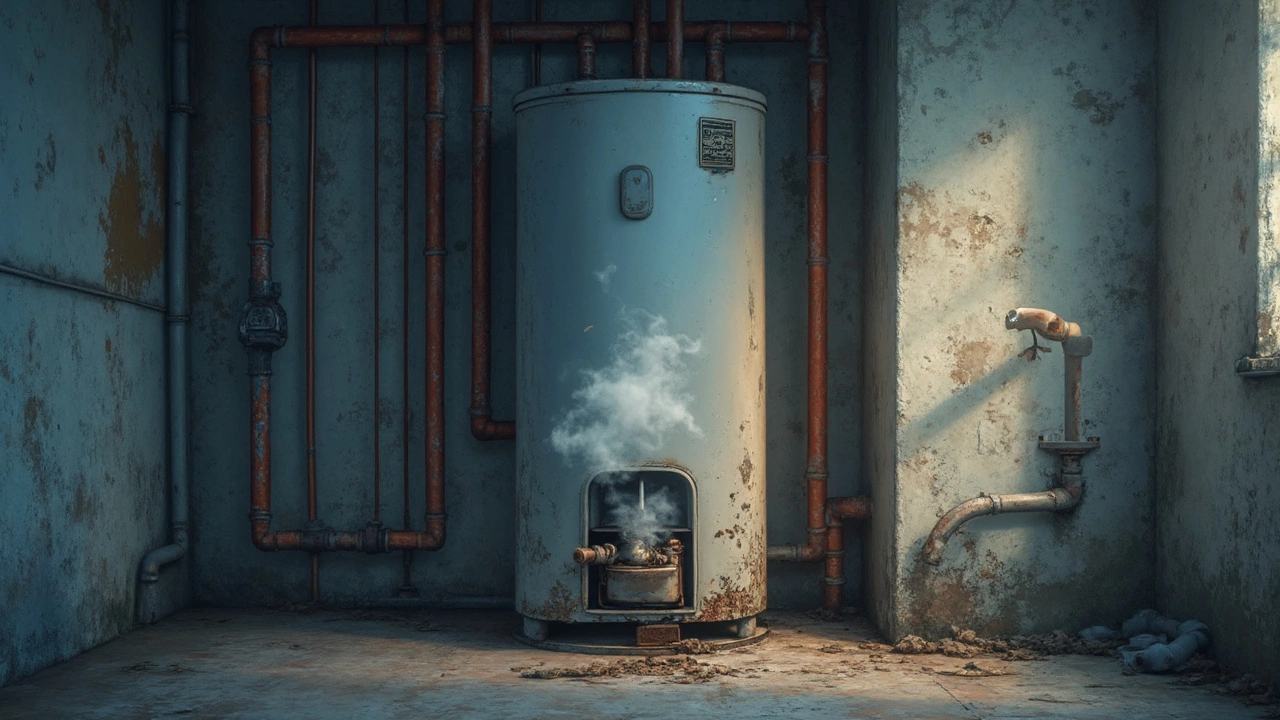Water Heater Corrosion: What It Is and How to Deal With It
If your shower suddenly feels lukewarm or you hear strange noises from the tank, corrosion could be the culprit. Corrosion is simply metal breaking down because of water and oxygen. In a water heater it shows up as rust, leaks, or reduced efficiency. Understanding the basics helps you stop a small problem from becoming a costly replacement.
Signs Your Heater Is Corroding
First thing to look for is discolored water. If the hot water turns brown or orange, rust particles are already inside the tank. Next, check the outside of the unit for rust spots or bubbling paint – these are visual clues that the inner metal is deteriorating. You might also notice puddles around the base; a slow leak often means the tank wall has thinned. Finally, listen for rumbling or popping sounds. Corroded parts can cause sediment to shift, creating noises that signal a problem.
How to Stop and Repair Corrosion
The easiest step is to flush the tank. Turn off power or gas, close the cold‑water inlet, attach a garden hose to the drain valve, and let the water run until it looks clear. Flushing removes sediment that speeds up corrosion. After flushing, replace the anode rod – the metal stick that attracts rust before the tank does. Most heaters use a magnesium or aluminum anode; swapping it out every 2‑3 years keeps the tank protected.
If you see heavy rust on the outside or a steady leak, it’s time to call a professional. A qualified technician can test the tank’s thickness, check the pressure relief valve, and decide whether a repair is worth it. In many cases, especially for older units, replacement is the safer and more economical choice.
Preventing corrosion starts with the water itself. Hard water leaves mineral deposits that trap moisture against the metal. Installing a water softener or a whole‑home filtration system reduces those deposits. Also, keep the heater’s temperature set between 120‑130°F (49‑54°C). Higher temperatures increase pressure and encourage rust formation.
Regular maintenance is key. Schedule a quick check‑up once a year: look for leaks, test the thermostat, and verify the anode rod’s condition. Even a 15‑minute inspection can catch early signs before they turn into a flood.
When you do need help, choose a local repair service that knows the South Shields area. A certified plumber or heating engineer will have the right tools and parts, and they can guarantee the work. Quick action not only saves water but also avoids damage to walls, flooring, and personal belongings.
Bottom line: corrosion is a common enemy of water heaters, but it’s also one you can fight with simple habits. Flush the tank, replace the anode rod, keep the temperature sensible, and get a yearly check‑up. If rust shows up on the outside or the tank starts leaking, call an expert right away. With these steps, you’ll enjoy hot water without the surprise of a burst tank or a hefty repair bill.
